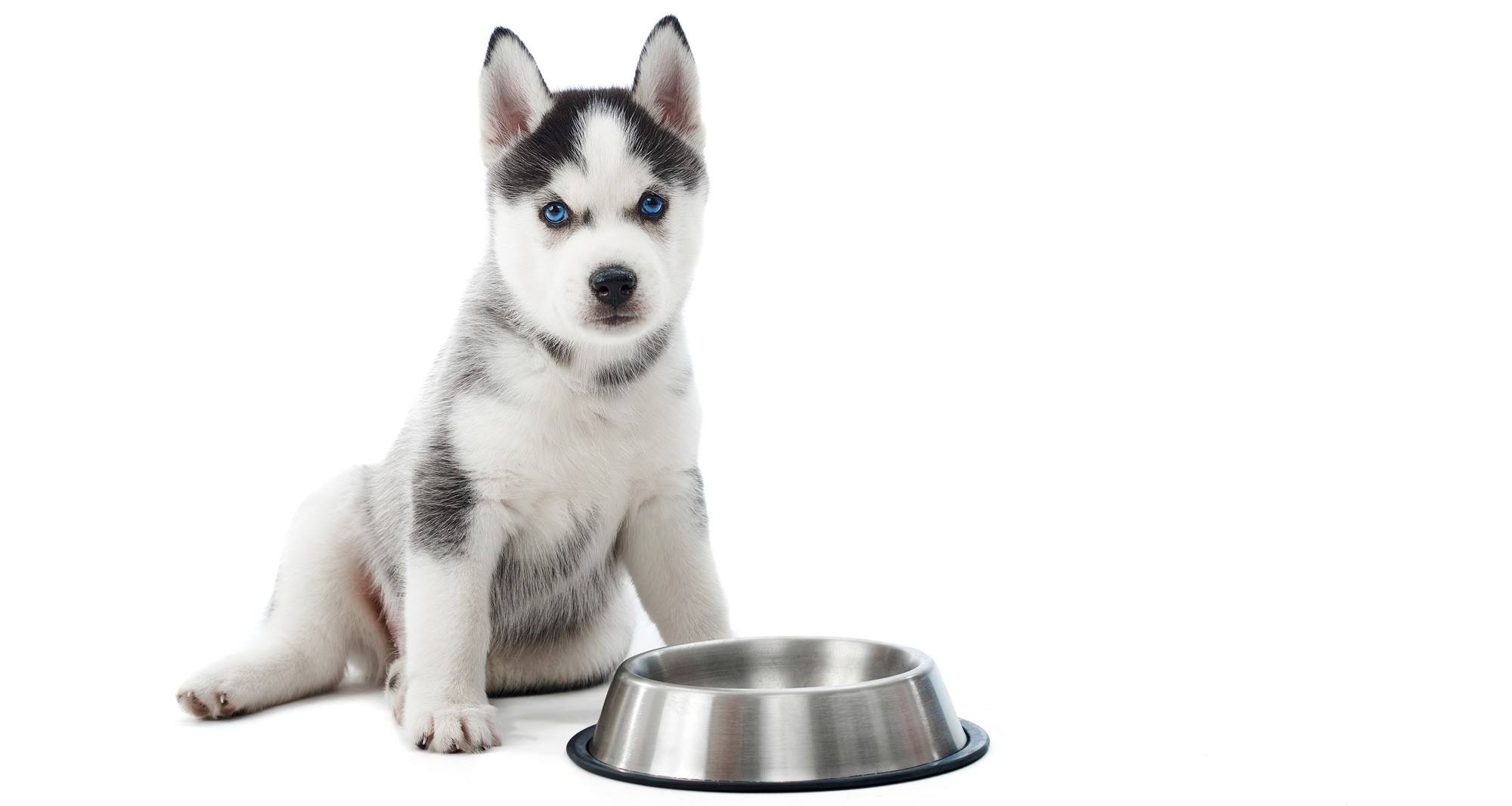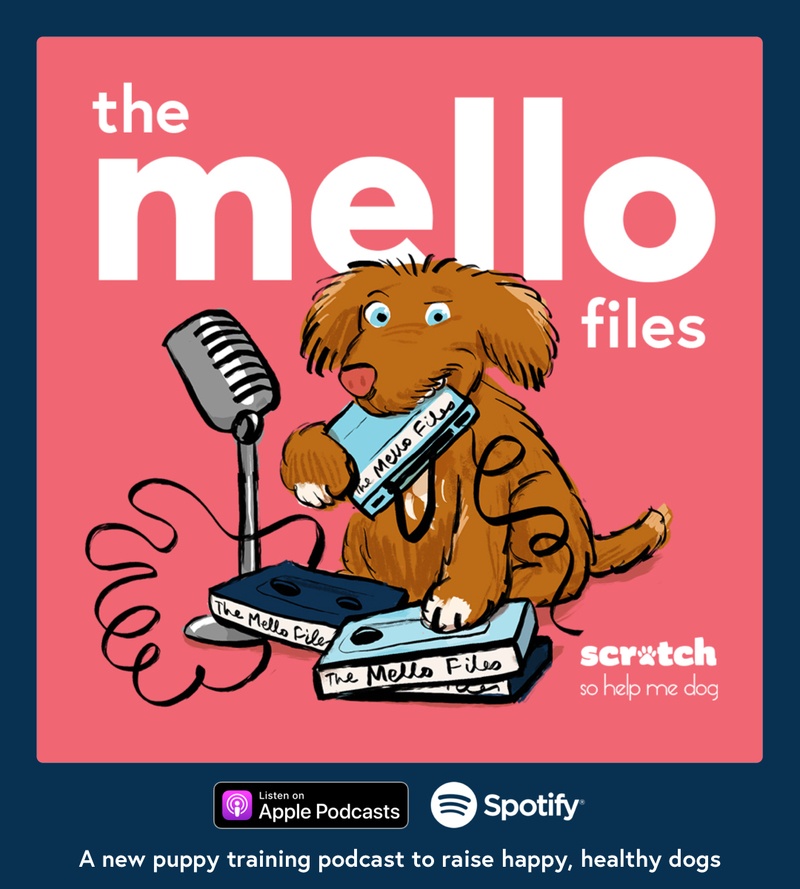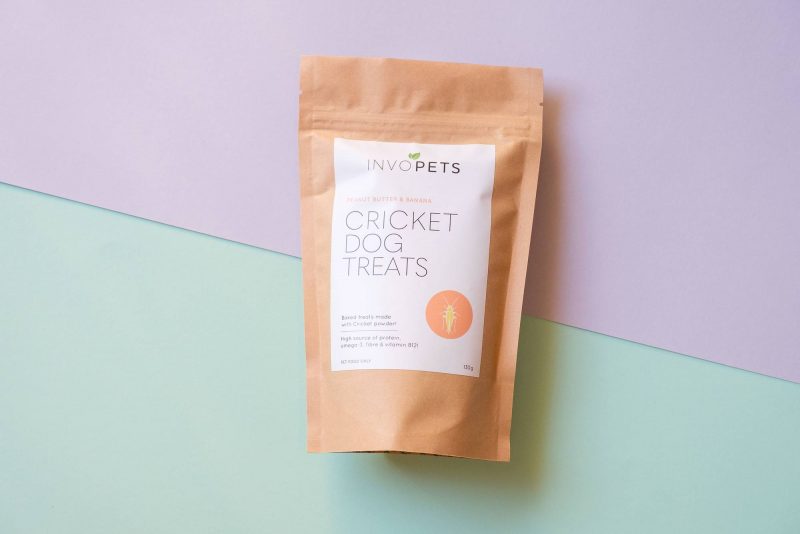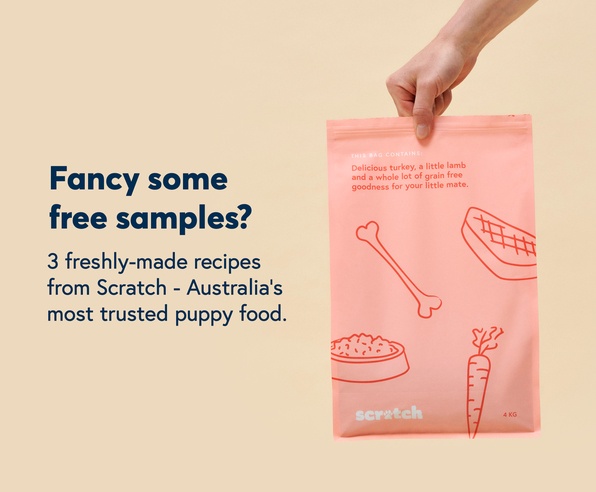Puppy Feeding Calculator
All puppies are unique, so their meal planning needs to be tailored to them. A dog’s unique nutritional needs will differ depending on their breed, size, and activity level. But when you’re just getting to know your new dog it can be hard to understand where to start. Let us help you work out how much should puppies eat?
How Much Should Puppies Eat a Day?
Most adult dogs are fed twice a day. But it takes a lot to fuel a growing puppy so smaller, more frequent meals may be more suitable and easier for them to digest. Depending on their size and breed that could be between three and six daily meals. Feeding calculators can help give an exact sense of how much to feed your dog.
How Much Should I Feed My 8-week-old Puppy?
An online feeding calculator can help you figure out exactly how much, and how frequently, you should feed your dog. But in general, young puppies between the ages of 6 to 12 weeks do better by having multiple smaller meals a day instead of two main ones.
Don’t forget, puppies change every day so you need to make sure you’re revising their feeding plan regularly. Recalculate their age, weight, and other factors ensures they’re always getting what they need. Dogs need fewer calories as they get older, so over time you may need to reduce how much they eat.

How Do I Know If My Puppy Is Eating Enough?
Once you have used a feeding calculator to work out the suggested amount, make sure you measure it out correctly. It can be easy to just grab a rough scoop. But it’s important you weigh or measure their food and stick to their feeding plan.
Even then, a feeding calculator doesn’t understand your puppy like you do. Metabolism and energy levels can vary by up to 30 percent between dogs. So it’s important to always pay attention to them around feeding times
If they aren’t finishing their meals or you’ve noticed them putting on weight, you might be giving them too much. Alternatively, if they’re begging for food between meals, losing weight, or getting more exercise than usual, they could be feeling hungry and need a larger serving. Don’t forget that treats count. If you’re doing a lot of training with food (or spoiling them) , balance it out by reducing the size of their other meals. Just make sure they’re not losing out nutritionally.
How Much Dry Food Should I Feed My Puppy?
The above rules apply to all kinds of food. But high quality kibble can offer an easy way to measure and track your dog’s nutritional needs and manage their feeding schedule. While many brands sell specific puppy food, a high quality kibble such as Scratch is nutritionally complete enough for most growing dogs. Although keep in mind that some large breed puppies do need a special diet to help them grow so big so fast.
How Many Cups of Food Should I Feed My Puppy?
A dog’s feeding and nutritional requirements change over their lives and can be impacted by their lifestyle and activity level. So there is no magic feeding number that applies to all dogs at all times. To make sure your puppy is eating the right amount, get into the habit of regularly weighing them and recalculating their feeding plan. This is also a good opportunity to keep an eye on their weight in general.
For more on dog nutrition, check out:






